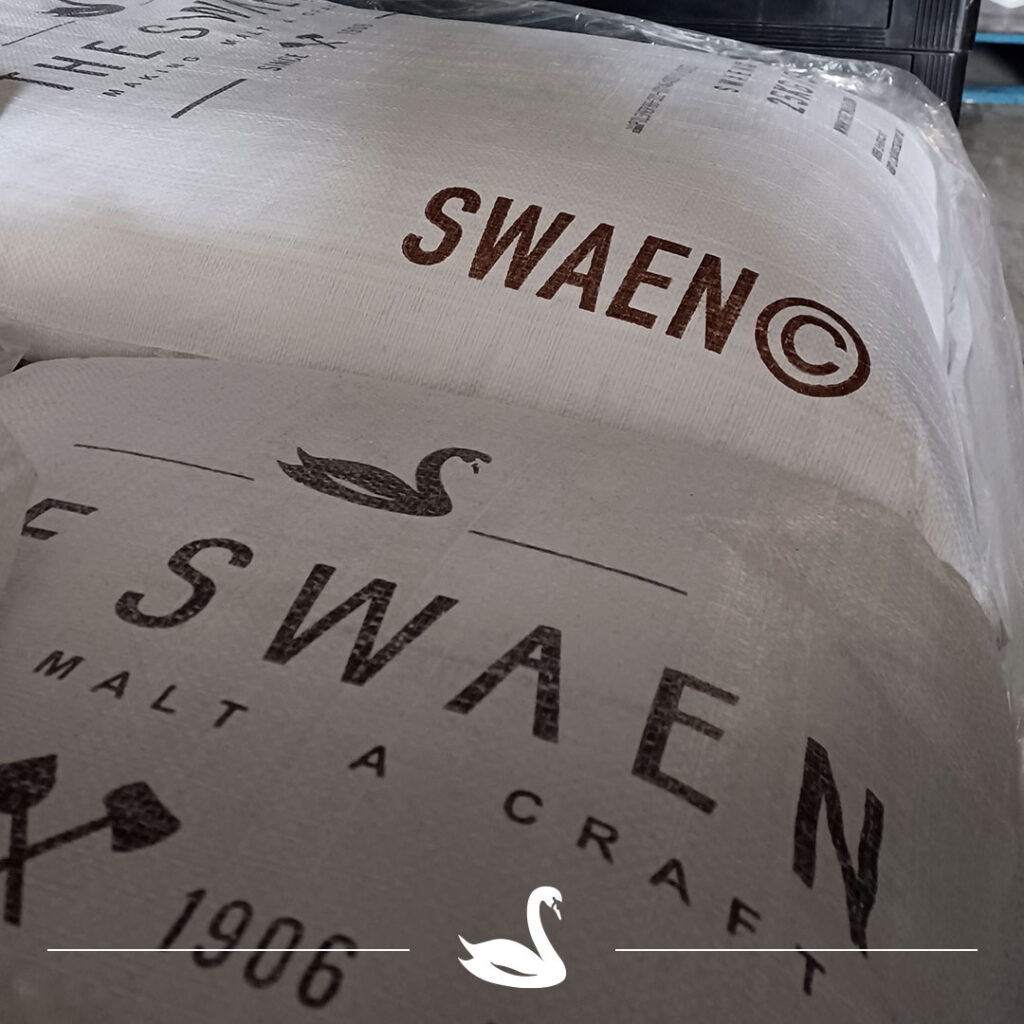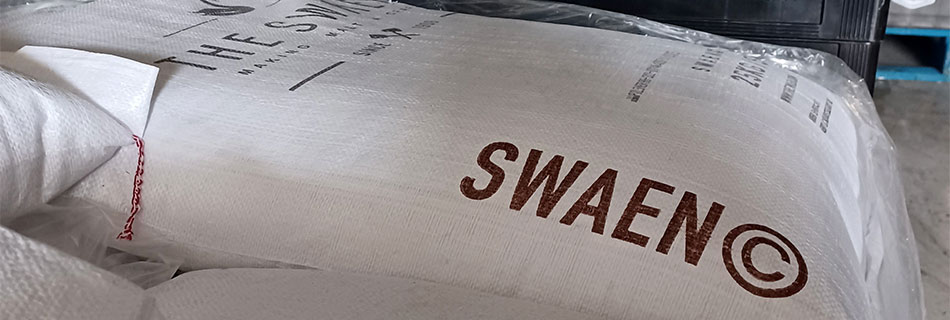As temperatures and humidity rise in many regions, proper malt storage becomes crucial for homebrewers and small-scale brewers. Without the right precautions, moisture and pests can compromise malt quality, affecting the brewing process. By following these effective storage tips, you can maintain your malts in optimal condition and prevent infestations.

Receiving your malts
Ensuring a dry, covered area for malt delivery is essential. When your malt arrives, inspect the bags carefully for any signs of damage, such as holes, tears, or moisture exposure. If you notice any issues, document them with photos and contact your supplier immediately. Addressing problems early helps prevent contamination and ensures that you receive high-quality ingredients for brewing.
Controlling humidity
Malts should be stored in an area where the relative humidity remains below 50%. High humidity encourages mould growth and attracts pests, which can lead to spoilage. If your storage space experiences fluctuations in moisture levels, consider using dehumidifiers or air conditioning units to maintain stable conditions. Since insects and moulds thrive in environments above 70% humidity, keeping moisture levels low is key to preserving malt freshness.
Monitoring temperature
Temperature plays a critical role in preventing pest infestations. Ideally, the ambient temperature should not exceed 25°C (77°F). Storage pests, such as grain beetles and weevils, reproduce rapidly between 25-30°C (77-86°F). To mitigate this risk, store malts in a well-ventilated, cool area, and avoid placing them near heat sources.
Rotating stock
Adopting a first-in, first-out (FIFO) rotation system ensures that older malts are used before newer stock. Keeping an inventory lasting between three to six months reduces the chances of infestation and spoilage. Regularly check malt bags for any signs of degradation, and use properly labelled containers to track storage dates efficiently.
Dedicating a malt room
A separate, sealed storage room significantly improves malt preservation. To prevent pest entry, install fine mesh screens on windows and seal any cracks or gaps in walls. Using rodent-proof doors further reduces the risk of contamination. Painting walls with an easily cleanable paint and implementing a weekly cleaning schedule ensures hygiene is maintained. A well-organised storage area minimises potential malt loss due to environmental factors or pests.
Maintaining hygiene
This is one of the most important storage tips. Keeping floors and walls free of dust and malt debris is crucial, as these remnants can harbour insects. Sweep and vacuum the storage area regularly to eliminate potential breeding grounds for pests. Ensure that spilled malt is cleaned up immediately to prevent attracting unwanted visitors.
Using pheromone traps
Early detection of insect activity is essential to prevent infestations. Deploy pheromone traps strategically around the malt storage area to monitor pest presence. These traps attract specific insect species and provide an early warning system. Check and replace them weekly to maintain their effectiveness.
Installing UV light traps
UV light traps are an additional line of defence against flying insects. These traps use specific UV wavelengths to attract pests, capturing them before they can infest the stored malts. Place the traps away from direct sunlight for optimal results.
Setting rodent traps
Mice and rats can cause significant damage to malt supplies. Using appropriate traps, such as traditional snap traps or humane live-catch traps, helps control rodent populations. Follow local regulations regarding pest control methods and regularly inspect traps to assess their effectiveness.
Applying K-Obiol
For added protection, consider using K-Obiol, a malt protectant insecticide. When applied to warehouse floors and walls, it creates a protective barrier against common storage pests. However, always follow local regulations and safety guidelines when using chemical treatments to ensure safe application.
Seeking expert advice
Consulting pest control professionals can provide valuable insights into comprehensive prevention plans. Regular inspections and professional guidance can help detect and address pest issues before they escalate. If an infestation occurs, experts can recommend targeted solutions to protect your malt supply.
By implementing these measures, you can significantly reduce the risk of pest problems and maintain the quality of your gmalts throughout the summer months. Remember, prevention is always better than cure when it comes to malt storage!
If you have any questions, unique insights or malt storage tips, feel free to share them with your local homebrew community or supplier. Happy brewing!


